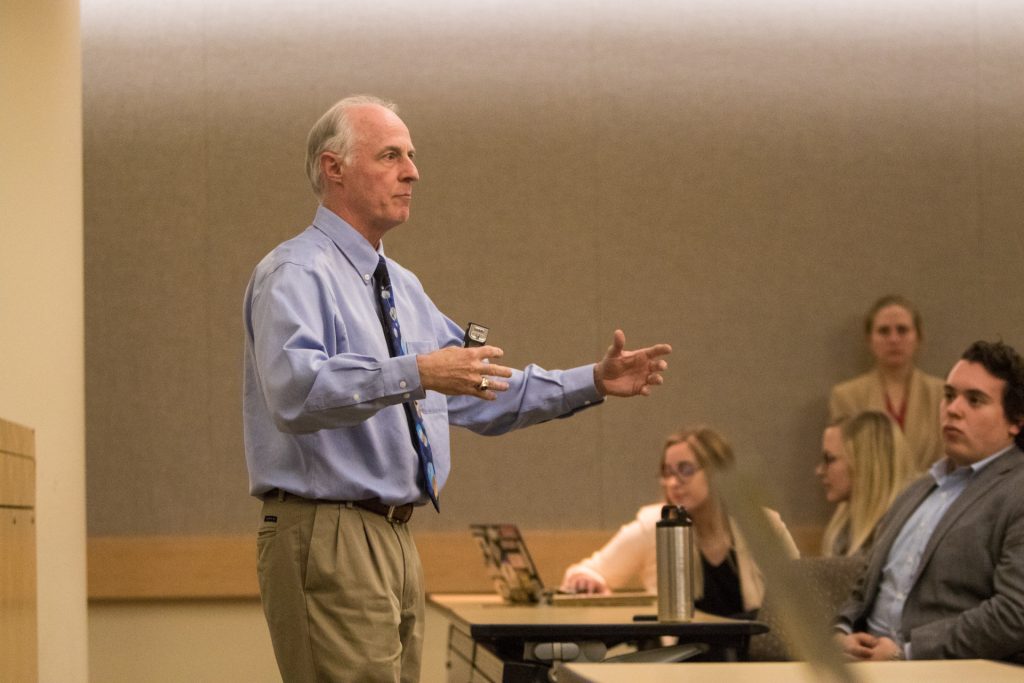In a few weeks’ time, tucked between a recycling bin and a trash can, a compost bin may be added to dormitories for students who opt-in for an expanded composting pilot program.
On Tuesday, University of Iowa Student Government voted to allocate $8,510 to the project, with $8,010 going toward purchasing more than 1,000 1.5-gallon compost bins and $500 to purchase information stickers.
The in-dorm composting initiative will begin after spring break as a pilot program for students in Catlett, Burge, and Hillcrest. But the program won’t be mandatory; students must opt-in and sign a roommate agreement before they can start.
Similar to how students handle trash and recycling, students would be responsible for taking their own compost down the hall to a designated drop-off spot approximately once a week.
“You can compost apple cores, orange peels, popcorn if you make it in your room — you can compost napkins, tissues, anything that’s paper-based or food waste,” UISG Director of Sustainability Eden Dewald said.
The program falls in line with the UI’s goal to reduce waste production by 60 percent and adds to other efforts by the university to incorporate composting on campus.
Burge coordinator Pamela Lisowe implemented an in-dorm composting program in Rienow in 2016 and has continued grass-roots efforts in Burge. Last month in Burge, resident assistants collected 86 pounds of compost. Rienow has collected nearly 350 pounds of compost since its inception in 2016.
“Since it’s already been something of interest, and students were interested in doing, it reaffirmed that drive to continue with it,” UISG Sen. and bill sponsor Amber Crow said.
The program began as a passion project created by Rienow RAs who had taken sustainability classes and enlisted the support of Lisowe. The group worked to provide education and to address student concerns.
“There were concerns like what if it smells or what if there are bugs, so we were very proactive at saying if this is a concern, this is how we will address that. A lot of it was just educating students about what is compostable and what is not and the importance of doing it,” Lisowe said. “We are hoping we can help students form a habit of composting for when they move off campus.”
All three dining halls — Burge, Hillcrest, and Catlett — use a food pulper to compost food waste. More than 80 tons of food waste has been diverted using the food pulpers since 2007, when the UI implemented the system.
Such student organizations as Dance Marathon, Homecoming, and Fraternity and Sorority Life have begun incorporating composting and zero-waste events.
Last year, more than 60 percent of UISG’s Green Initiative Fund requests supported compost initiatives. The Green Initiative Fund is a grant system designed to give student organizations extra funding for environmentally friendly events or initiatives.



